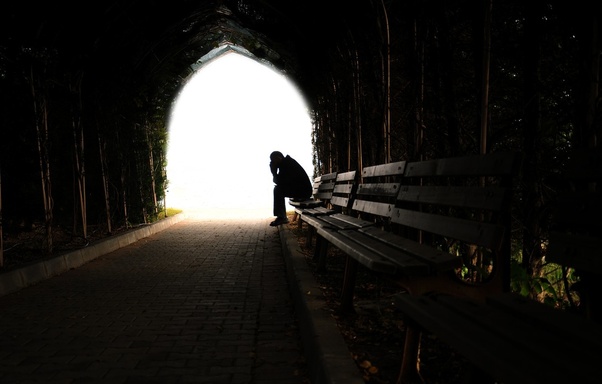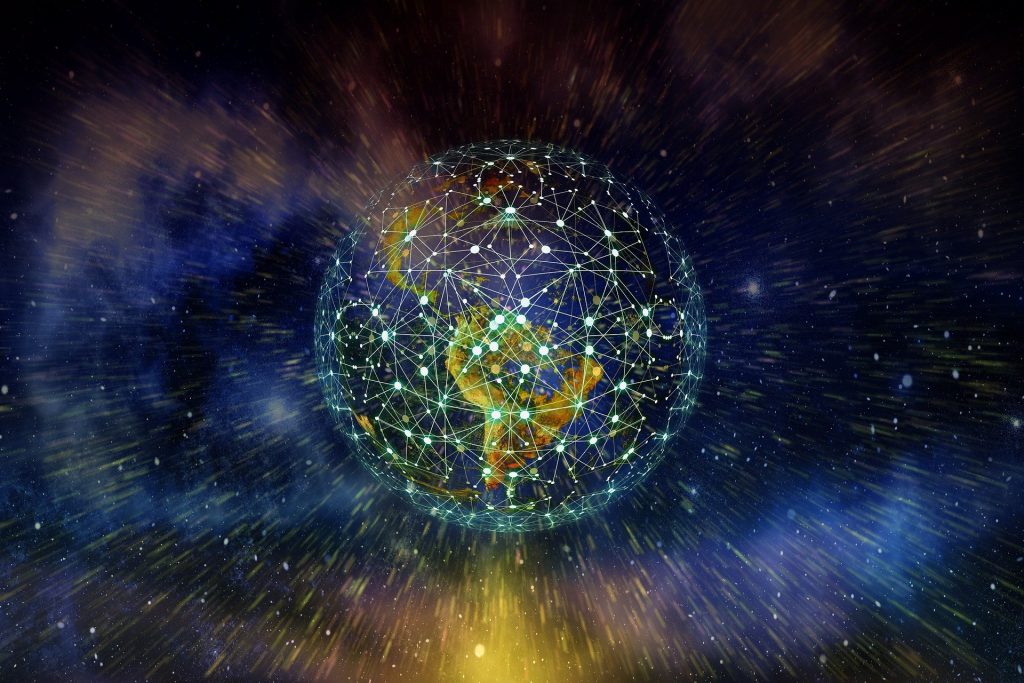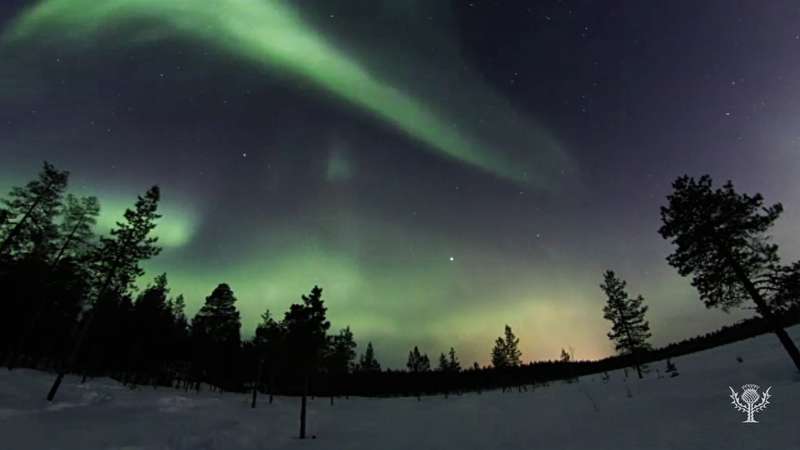“We are waiting…for change, for the future, for news, for tenderness, for each other, for patience to wait some more.”
That pitiably truthful vicious circle, in the [Philosopher’s] “Stone” of America’s leading newspaper, captures the zeitgeist of the moment. Never has the truth, “Waiting is death” been more clear.
Another pundit adds sentimentality to the waiting. “This is the great promise of the solstice: Like steadfast friends who see us through everything a cold world can throw our way, the solstice reminds us, every year, that light is coming. It tells us that darkness is never here to stay.”

Waiting for the darkness to end is like waiting for depression to end; both only deepen with waiting. You have to turn and face the sources of darkness and depression, or they grow.
Conflating the natural cycles of light and dark with man-made darkness is an existential mistake. Man-made darkness is here to stay because it comes from within us. The weight of it will increase until enough of us turn, face and take responsibility for it, and in doing so, transmute ourselves, and the human species.
Hear the echoes of man’s primal fear, psychologically maintained: “We are mortal creatures with no fangs and no claws and no fur, shivering in the cold, vulnerable to predators lurking in the darkness.”
It’s inane to ask in the next breath, “Why wouldn’t we pray for the return of light and warmth?” Such an attitude confines us to a human condition that has become completely untenable.
It’s simply doesn’t cut it to say, “Modern pagans still celebrate the solstice, but this year has brought fresh reminders to everyone else of just how close we remain to the earliest peoples, even deep into the 21st century.”
Romanticizing humankind’s indigenous past has become au courant, but it amounts to avoiding the imperative for radical change in our age, beginning within.
Besides, we aren’t living during the childhood of our species, praying for the sun to return after a long winter, and fearing that it may not. We aren’t the Mayans, who could predict with astonishing accuracy the movements of the stars and eclipses of the sun and moon, but still sacrificed people to placate the gods.
The darkness of the night, or the season, or even the perpetual darkside a planet tidally locked to its star, has nothing to do with the darkness generated by human consciousness. There is no inner darkness in the universe except in man, and creatures of thought like man, wherever they exist, that are destroying their planets as we are.
Having reached the limit of what the Earth can endure of human fragmentation and rapaciousness, our individual and collective darkness will only increase until we become lights to ourselves. If this pandemic does not compel reflection and insight, which cannot be as long as we pray, wait and hope for a “return to normalcy,” some other man-made manifestation of the crisis of our consciousness will ensue.
Why do even children “feel the weight of time now?” Is it because time’s “openness and elasticity has closed down?” No, it’s because parents and teachers aren’t learning, in the inward, non-accumulative sense of the word, about themselves, and so are passing down the weight of the past, with its illusory “openness and elasticity” of time, to the next generation.
Since our darkness as individuals, peoples and a species is being reflected back to us, let us seize this interregnum between presidents, wars and man’s destructiveness to learn within ourselves, and teach children about thought and time, death and love, nature and humanity.
The present in not a water slide from the past to the future. With self-knowing and attention, it is the portal to the timeless, the immeasurable, the sacred.

Working through and doing the spadework of individual and collective consciousness (which at bottom are the same thing), we take the journey of inverse learning and reverse growth that nurtures our potential as human beings.
It’s those people who are not waiting, who are seizing this pandemic-induced pause in man’s march to nowhere except increasing fragmentation and disorder that will inherit the earth.
The sky was a hazy gray above the hills, and the creek was a lazy trickle at my feet during the sitting beside the stream. But as I rose to my feet on the winter solstice,
the sun was a huge and brilliant orange ball on the horizon.
One was present with the beauty and mystery of the Earth, but traces of the fear and sorrow of world remained.
The endless journey into the infinite depths of the unknown can only begin each day when the mind and heart let go of increasing weight of the past, and one enters the open portal of the present.
Martin LeFevre

